Dear America: Bring Back Stoicism
Control what you can, accept what you cannot control
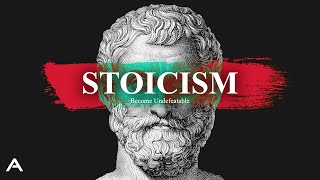
Stoicism teaches one to think, reason, debate, consider, and accept.
May 30, 2023
In the city of Cyprus, Greece, over 2000 years ago, there lived a very wealthy man named Zeno. Somewhere on a voyage from Phoenicia to Piraeus his boat sank and with it all his wealth in cargo. Because of a completely uncontrollable event Zeno had lost everything of value and was once again made poor.
Imagine yourself in a similar context. Everything you’ve work towards, your life’s work, all gone in the blink of an eye by nobody’s fault. How would this make you feel? Our natural response to such a thing might be anger, sadness, despair, or uselessness.
Zeno felt none of these things. In his eyes something by no fault of his own was nothing to dwell over. Zeno’s teachings of stoicism challenged human nature at its core. How could one overcome such loss with little to no emotion?
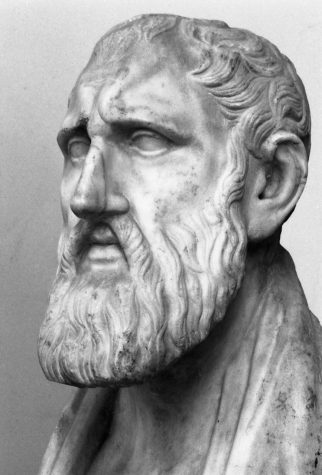
In the time before and during his life there was a large change in idealisms of society in Greece, Rome, and other developed nations. Life for the successful became easier and so with it came more time for education and therefore intellectual thought. Soon radical changes in the culture emerged, adhering to romantics, emotions, and sensitivity.
It was both a step forward and backwards. No longer were men of high class mostly ranked commanders, officials, and warriors; they now wore gowns, discussed politics and debated over irrelevancies.
There seems to be an almost repetitive idea throughout history and almost every major empire. People began to protest against and outcast men of savage minds as they put it. Men who gave into their natural instincts for war, dominance, and lust found life differnt. The nobles argued people of these qualities were weak in mind and therefore detrimental to their growing intellectuality in society.
This idea that our natural emotional instincts are always wrong, that we as a society should change for those not strong is an idea for great societies…but always a failing idea. We should repurpose them. The wise man, Zeno was the start for growing anguish in Greece but a necessary one. He challenged the majority who called for more sensitivities and romantic views and opted for cold but effective ways of thinking, feeling, and living; a way of living derived from the moral ideas of cynics. It preached taking the natural emotions of men and harnessing it for more efficient use.
Stoicism involves suppressing such feelings for the betterment of yourself and those around you and instead using it to power your motivations and ambitions. Stay silent but efficient, respond with power and confidence and to listen more than you speak. Be the one people look to for guidance. The same goes for all negative emotions. Be the one people look to for guidance.
In modern society people often fear the silent but confident. They find social obscurity in someone comfortable alone as they find their confidence only by socialization.
I prefer to interpret the ways of stoicism in my own personal way as life now is so much more complex and emotion oriented. Society has moved towards more sensitivity, contentment, and generally the more simplistic things. Yet with this coming change, with the education of all our children and access to limitless information, and countless anonymity to make our lives easier, somehow deaths due to poor mental health increase.
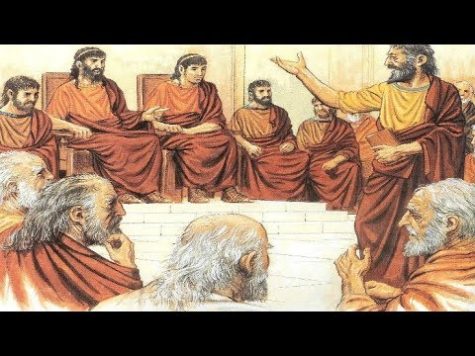
We live in an age of technology and endless information, where any of your questions no matter how complex can be answered with the swipe of a finger. No longer do people dedicate themselves to life’s mysteries, they just Google it, because looking something up is much easier than soul searching or actually investigating.
The art of stoicism teaches us to take a step back from life and self reflect. In most situations the answers you find yourself through thought hold much more value than those you blindly absorb. Follow the importance of silence, listen more than you speak, understand what you hear, and analyze the little things such as body language, tone and expression before your respond to something. In this way you can assure you speak truly and confidently to what you think.
Life is full of loss and struggle. By holding onto despair and to mourn so unapologetically you take away from the regularity of such things in life, by accepting these things happen and there’s no controlling them, that you can only push ahead and look towards better days and the belief that no matter what there will be better days. Stoicism has helped me cope with such things I might have no been able to, so if you’re able to take anything away from today I would ask you to remember these three teachings:
- Silence is the language of the divine
- We can only control what we can control
- Emotions are meant to be used not wasted




















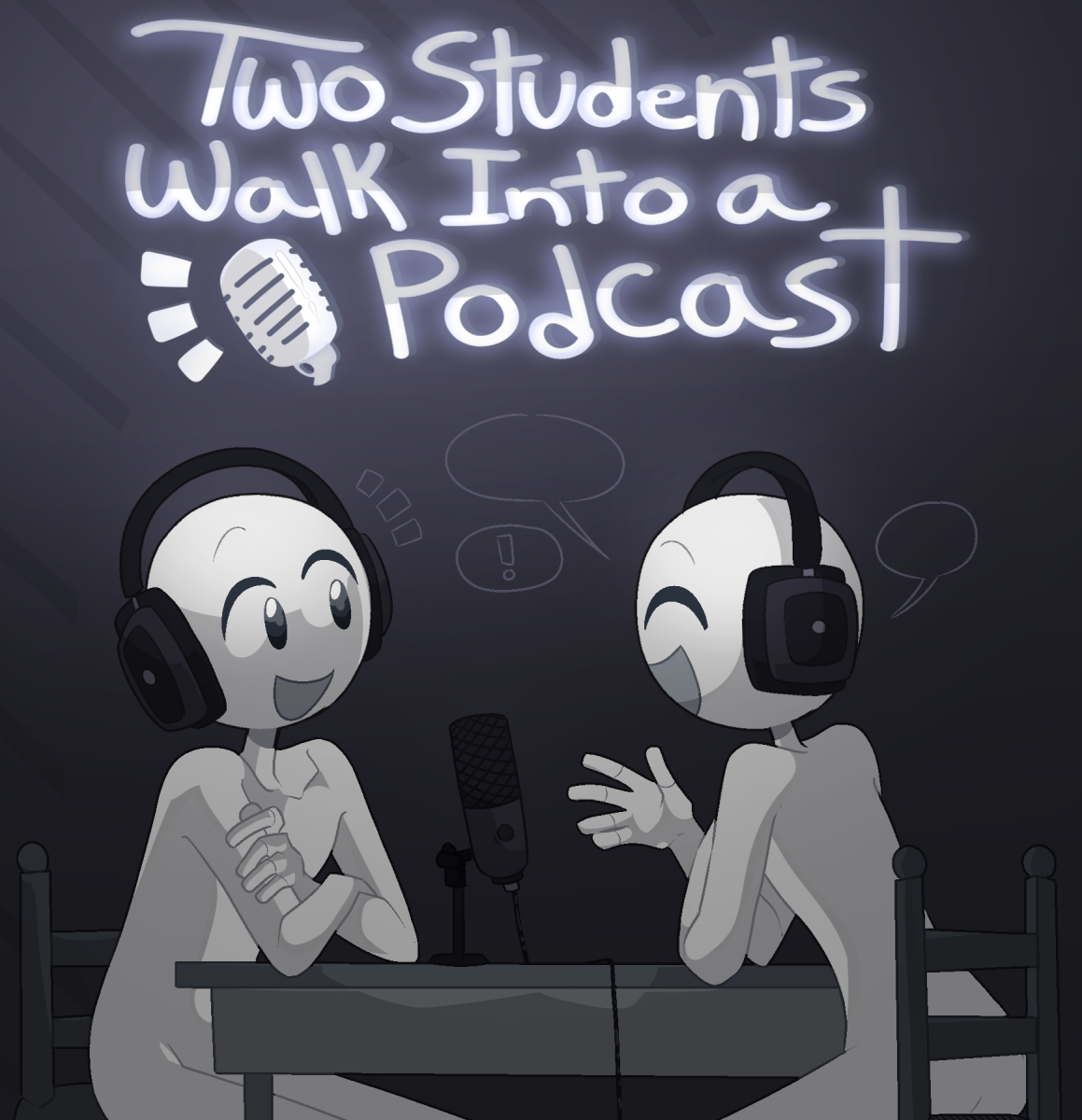
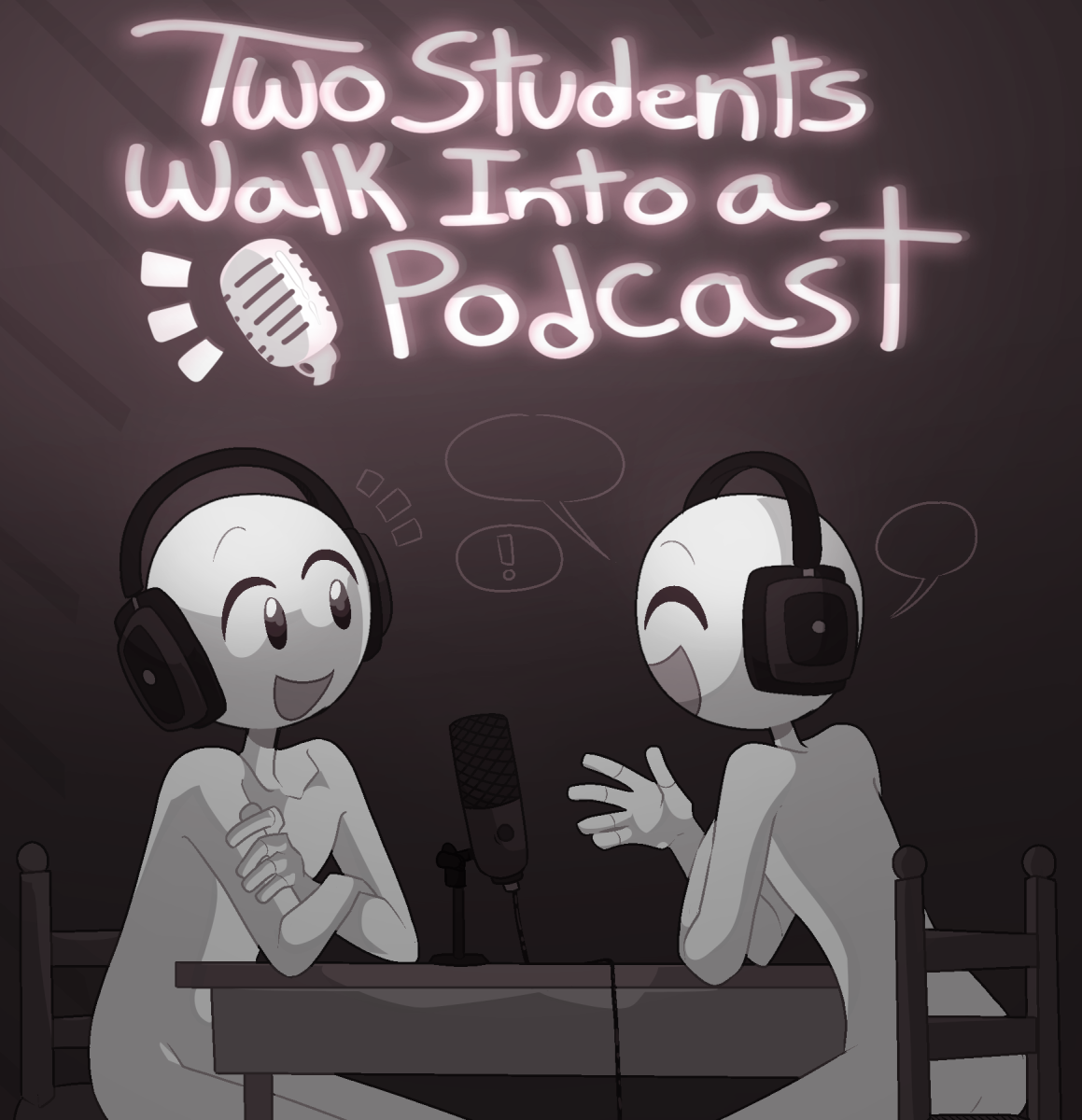
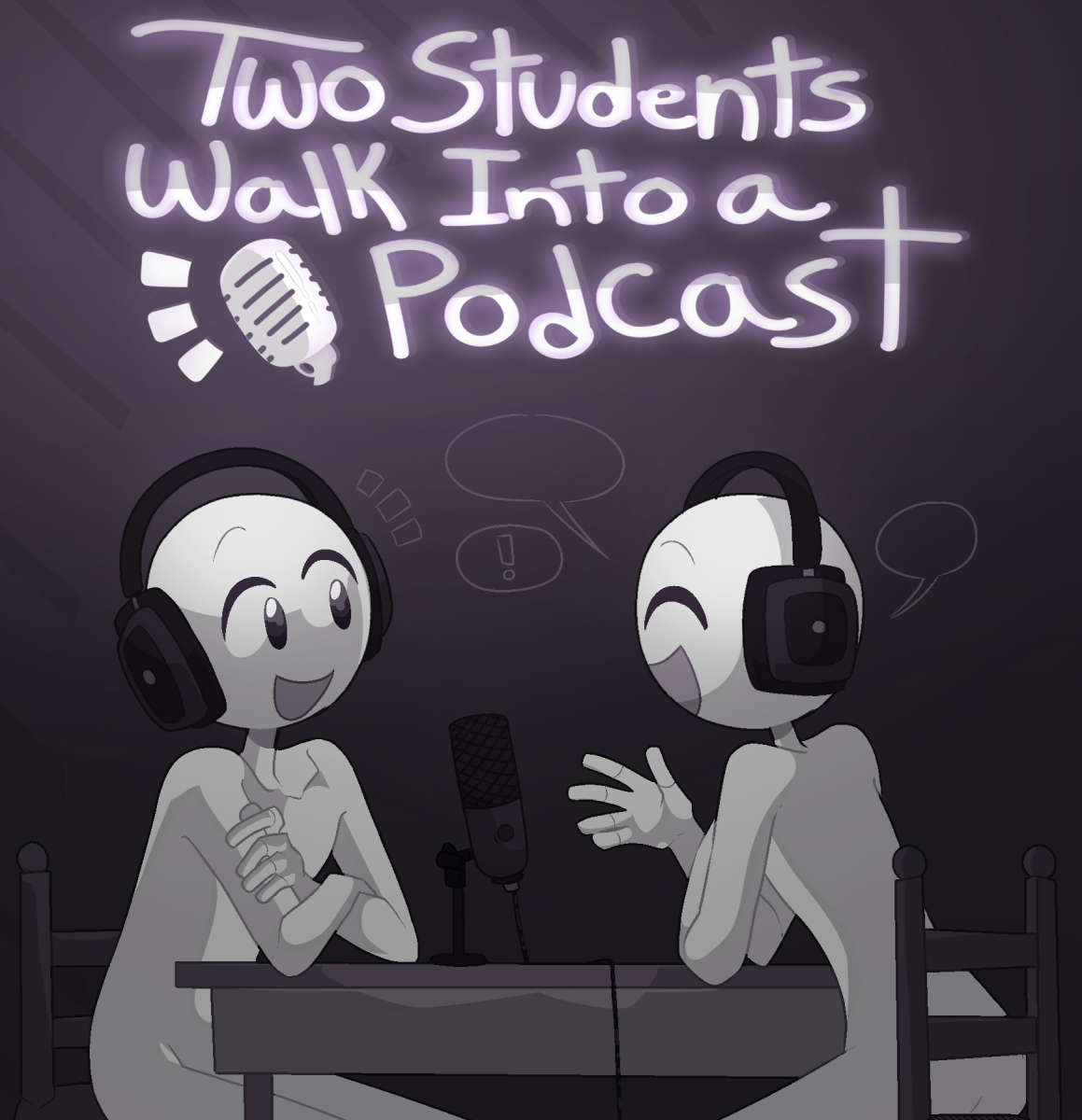
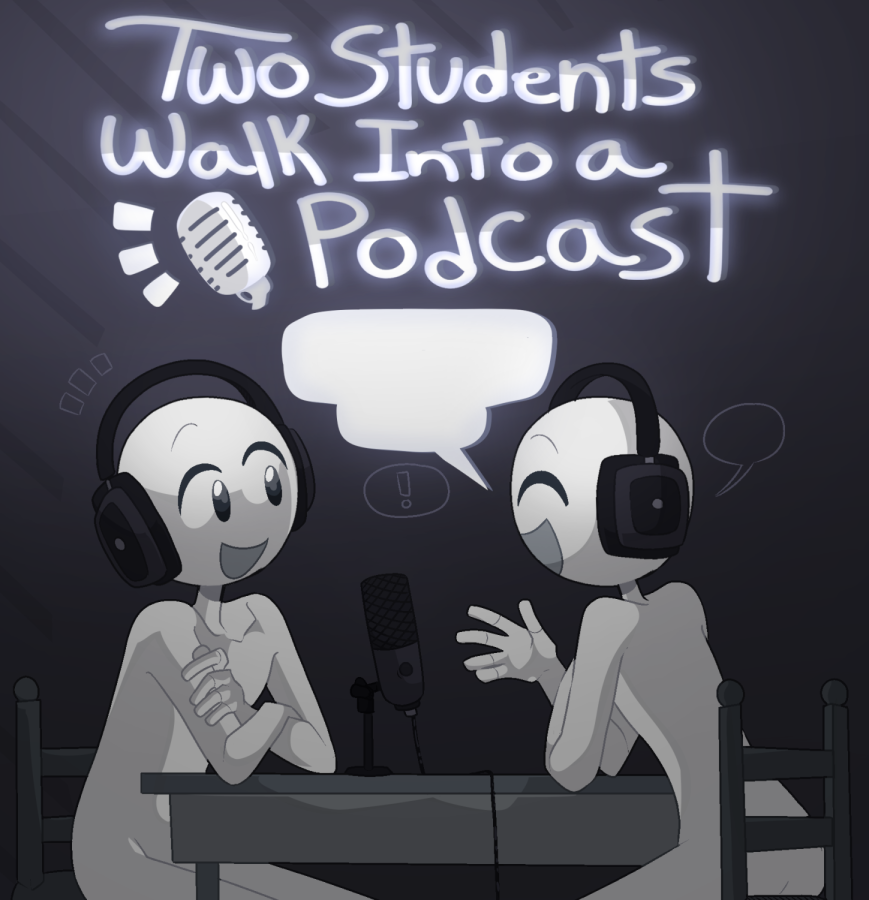
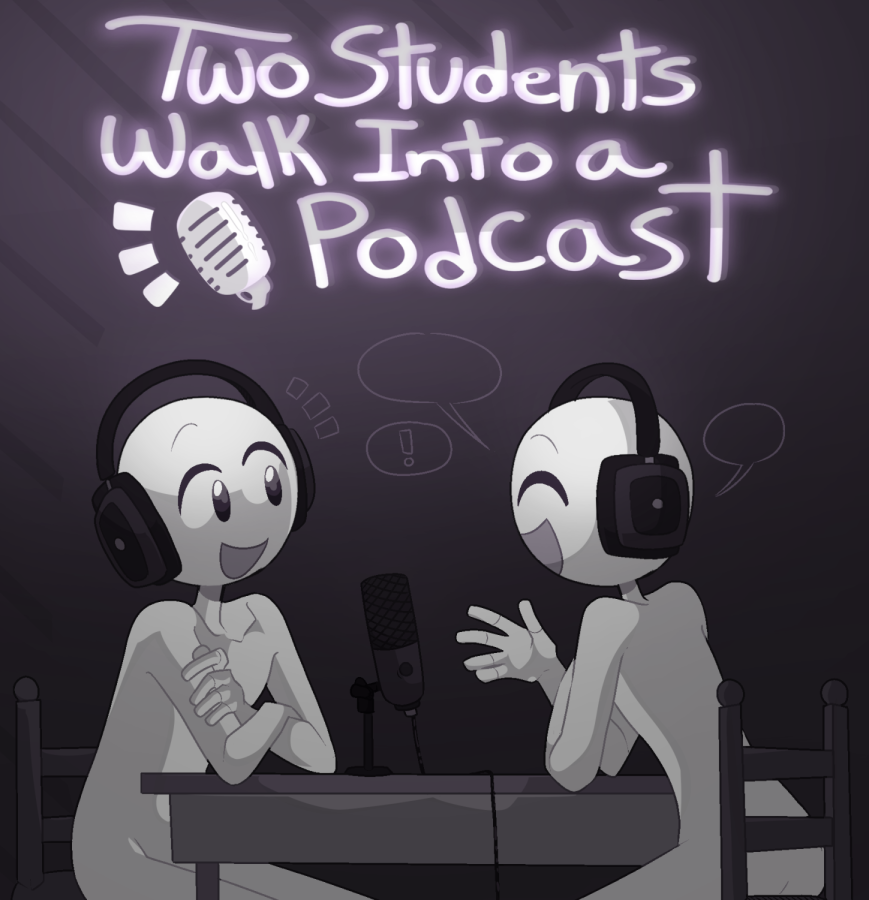




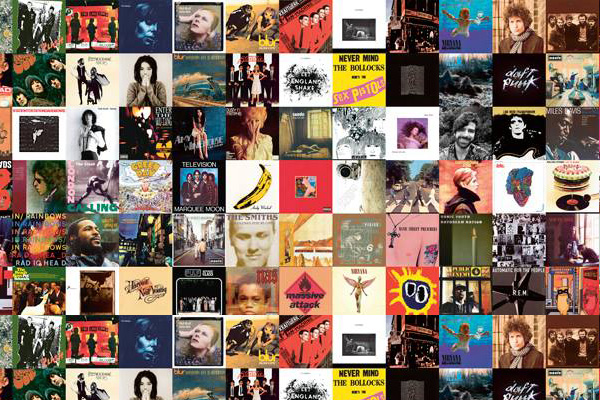











Karen Raymond • Jun 10, 2023 at 10:43 am
Very well written! You bring up a lot of good points.